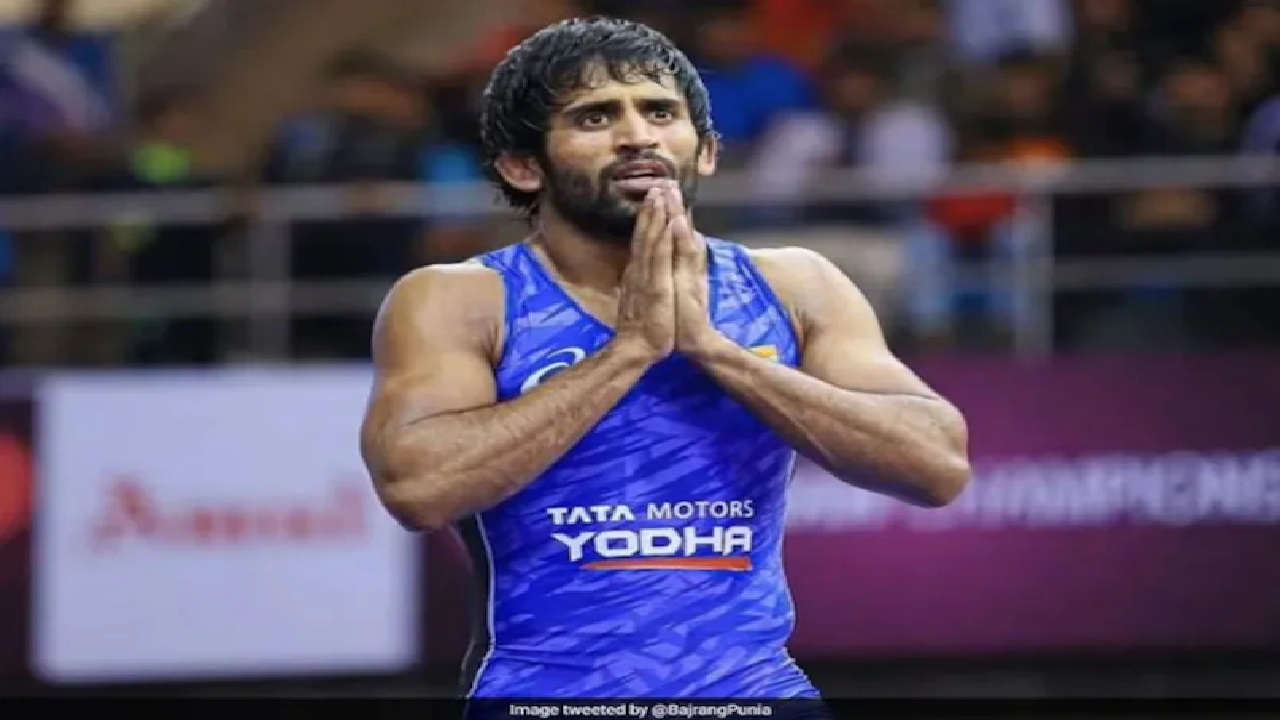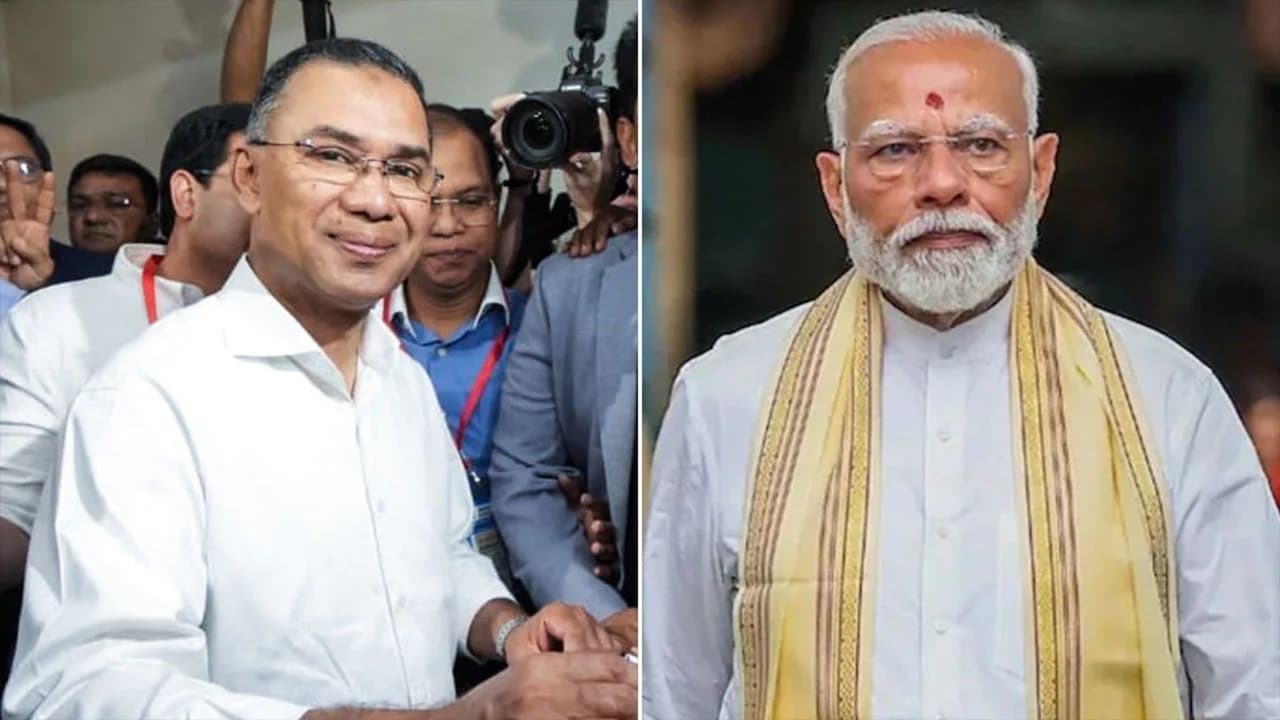Wrestling icon Bajrang Punia has been in the news for both his athletic achievements and his activism, particularly his role in protests against former Wrestling Federation of India (WFI) President Brij Bhushan Sharan Singh. However, the focus has shifted to his four-year suspension by the National Anti-Doping Agency (NADA) for refusing to submit a sample for a dope test. This suspension marks a significant moment in Punia’s career and raises critical questions about the integrity of anti-doping practices, as well as the challenges athletes face when caught in the crossfire of activism and administrative scrutiny.
The Controversy Unfolds
The issue began during selection trials on March 10, when Punia refused to provide a urine sample for doping analysis. NADA initially imposed a provisional suspension on April 23, which was later upheld by the United World Wrestling (UWW). While the suspension was temporarily lifted on May 31, NADA issued a formal charge on June 23, leading to a hearing by its Anti-Disciplinary Doping Panel (ADDP). After deliberations, the panel declared on October 4 that Punia’s actions constituted a violation under Article 10.3.1 of the Anti-Doping Rules, resulting in a four-year suspension effective from April 23, 2024.
Bajrang Punia’s Defense
Punia has consistently maintained that his actions were misinterpreted. He claimed he never outright refused to provide a sample but requested a response from NADA regarding the use of expired testing kits in December 2023. His concerns were rooted in previous incidents where he alleged procedural lapses by NADA, which, he argued, created mistrust in the doping control process.
Punia viewed his stance as a moral obligation, asserting that as a senior athlete, he needed to address what he perceived as systemic issues in doping control. His defense also linked the doping allegations to his role in protests against Brij Bhushan Sharan Singh, suggesting that his activism had made him a target of administrative prejudice.
NADA’s Perspective
NADA, however, refuted Punia’s claims and described his refusal as “intentional and deliberate.” It emphasized that its Chaperone/Doping Control Officer had followed proper procedures and that the athlete failed to fulfill his responsibilities under the Anti-Doping Rules. NADA dismissed Punia’s concerns about expired kits, stating that his actions demonstrated “utter disregard” for the rules and undermined the integrity of anti-doping efforts.
A Career at a Crossroads
The suspension delivers a significant blow to Punia’s career. As one of India’s most celebrated wrestlers, with a bronze medal at the Tokyo Olympics, this decision bars him from competitive wrestling for four years. It also restricts his ability to pursue a coaching career abroad.
This development comes at a time when Punia had transitioned into a political role, joining the Congress party and taking charge of the All-India Kisan Congress. Critics and supporters alike have speculated whether his activism and political involvement may have influenced the scrutiny he faced.
The Broader Implications
This case highlights the tensions between athletes and administrative bodies in India. It raises pressing questions about the fairness and transparency of anti-doping protocols, as well as the potential for misuse of power in sports governance. Punia’s claims of prejudice due to his activism spotlight the challenges faced by athletes who engage in dissent against entrenched authorities.
Additionally, the controversy underscores the importance of trust in doping control mechanisms. For athletes to comply, they need confidence that procedures are fair, transparent, and free from bias. Any perception of inconsistency or administrative overreach undermines the credibility of these systems and may deter future athletes from coming forward with legitimate concerns.
In conclusion we can say, Bajrang Punia’s suspension is a pivotal moment not only for the wrestler but for the Indian sports ecosystem. It forces reflection on the balance between upholding anti-doping integrity and addressing athletes’ grievances. As Punia faces the implications of his suspension, the broader sports community must grapple with how to ensure transparency, fairness, and accountability in governance.
For Punia, a figure whose legacy transcends wrestling, this may not be the end but a turning point in his journey as both an athlete and an activist. Whether this suspension will define his career or serve as a catalyst for systemic reform in Indian sports remains to be seen.
(With inputs from agencies)








